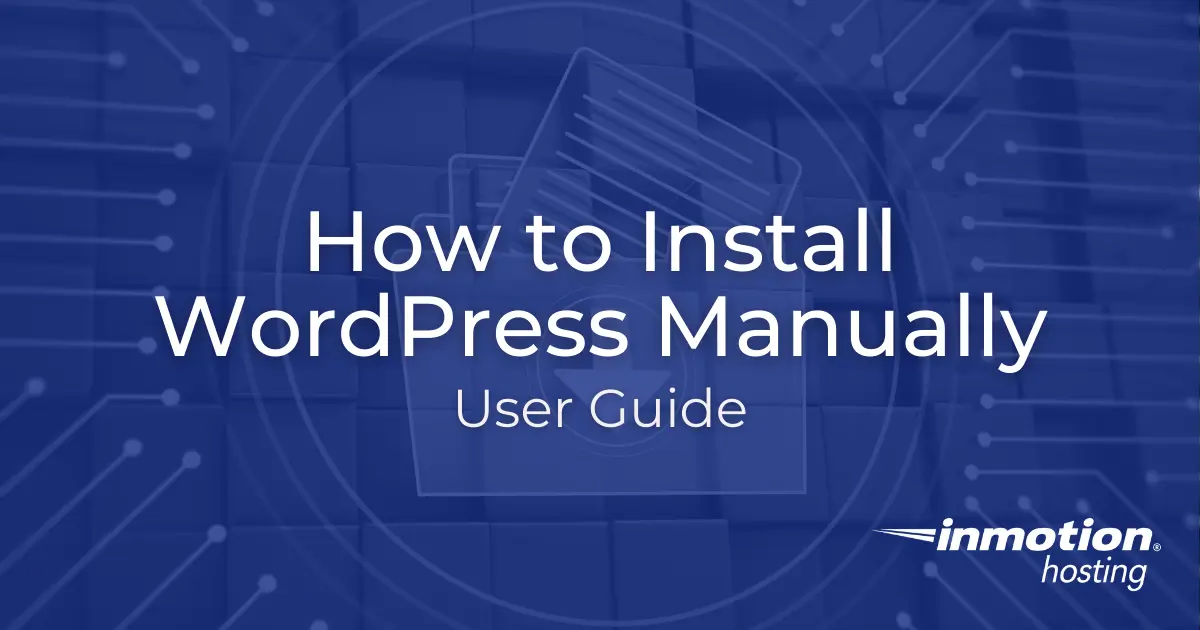
- Storing passwords in plain text is a typical pitfall that often results in information breaches.
- Make certain that solely sure file varieties and secure file names are accepted if file uploads are permitted.
- At All Times escape output using features like htmlspecialchars and use Content Security Coverage (CSP) headers to limit the sources of executable scripts.
- Grant the least privileges essential for recordsdata and directories to operate accurately.
- To guarantee that solely authorized users may entry and alter knowledge, set stringent permissions for directories and recordsdata.
- When dealing with person enter that might be used in database queries, it is essential to make use of ready statements or parameterized queries.
Clickjacking Safety
It should be complemented with different modx web hosting security measures, such as secure coding practices, input validation, and secure server configurations, to create a robust defense against potential threats. To make a sturdy utility, it’s essential to implement extra security measures. This contains, however is not restricted to, sturdy input validation and proper authentication mechanisms. These measures not solely complement cookie-based session administration, but in addition present an extra layer of protection towards varied vulnerabilities and threats. PHP application security is a constantly evolving field, with new vulnerabilities being detected and patches being launched regularly.
Database Safety
Preventing CSRF assaults is a vital aspect of total utility safety and should be given utmost attention during development and maintenance. Validating and sanitizing person input is a crucial step in securing PHP functions. Person enter can usually be manipulated or maliciously crafted to use vulnerabilities within the code.
This guide will stroll you thru the most effective practices to secure your PHP applications successfully. Securing PHP purposes ultimately entails establishing a quantity of layers of defense to protect towards various forms of attacks. Common security audits are an essential step in guaranteeing that any application is safe.
]]>